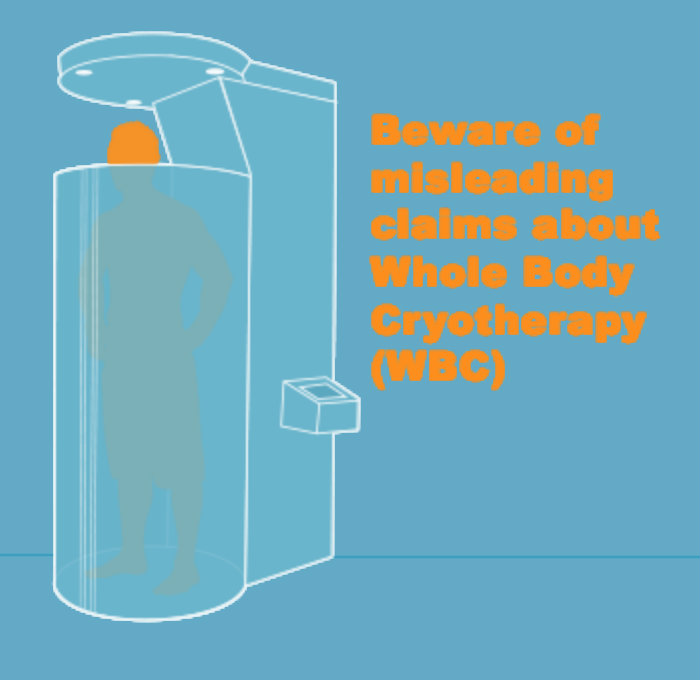A question that’s been bothering me lately is this: It seems that more than a few neurologists have a less than optimal understanding of multiple sclerosis. Why is that?
In my four decades of living with MS, and during the several years I’ve written about my illness, I’ve regularly heard complaints from people with MS that the neurologist they’re seeing just doesn’t seem to have the right stuff.
A Reddit commenter a few years ago described one such scenario: “I was without my regular MS [neurologist] for a couple of weeks, went to the hospital and had two regular [neurologists] checking me out. I felt like I was giving a lecture. They were just clueless.”
Another wrote that they “had an appointment with [an] MS specialist, and I’ve never wanted to give someone the biggest hug before like I did with her. … My general neurologist put me on Copaxone [glatiramer acetate injection] and basically sent me on my way.”
On another site, a woman wrote about a perhaps all-too-common situation in which she consulted a general neurologist because she had MS-like symptoms, including a hyperactive knee reflex (which is one of my symptoms). “It’s probably nothing,” the doctor said, “just stress.”
Then there’s pain. Some neurologists seem to think MS doesn’t cause pain, but as many as two-thirds of people with the disease say they experience some sort of pain. I’m one of them.
Looking for ‘Doctor Right’
MS symptoms and progression vary from patient to patient. Obtaining a diagnosis can be difficult, and a treatment that works well for one patient may have different results and side effects for another. More than 20 disease-modifying therapies (DMTs) are available, with a range of benefits and risks. One size doesn’t fit all when it comes to treatment, which is why I understand why someone would want to hug a good MS neurologist.
But it’s not just the doctor who is important. The MS specialists I know, including the one I’ve seen (and hugged) for over 25 years, all have a team. The knowledge, skill, and compassion of their nurses is equally crucial to good care. And the office staff knows how to navigate the tricky waters of health insurance — which is extra important when it comes to getting approval for expensive DMTs. It’s all a part of a collaborative effort to provide a patient treatment rather than accepting a doctor who insists on a take-it-or-leave-it approach.
Easier said than done
The National Multiple Sclerosis Society provides a good database of MS healthcare resources in the U.S. Some are grouped as Partners in MS Care, which is a variety of healthcare providers that specialize in treating people with MS. Others are grouped as Centers for Comprehensive MS Care.
The Consortium of Multiple Sclerosis Centers is another valuable resource. It certifies MS neurologists and nurses as specialists, which requires, among other things, a two-hour exam involving knowledge of MS fundamentals, multidisciplinary MS care, and patient empowerment.
These specialists and centers are often located in urban areas, which entails a long trip for a lot of people. For several years, I traveled six hours round trip to see my specialist. It was worth it for me, but long distances may be unmanageable for many others.
So what’s the answer? Adding more specialists probably isn’t realistic, but what about a combination of increased MS education for those who specialize in general neurology combined with more patient involvement in medical conference sessions? I’ve attended some of these conferences and have seen the agendas of others, and I can’t remember seeing much, if any, patient involvement. Hearing directly from people with MS might be just the right prescription.
(A version of this post first appeared as my column on the MS News Today website.)
(Image by Clker-Free-Vector-Images from Pixabay)



